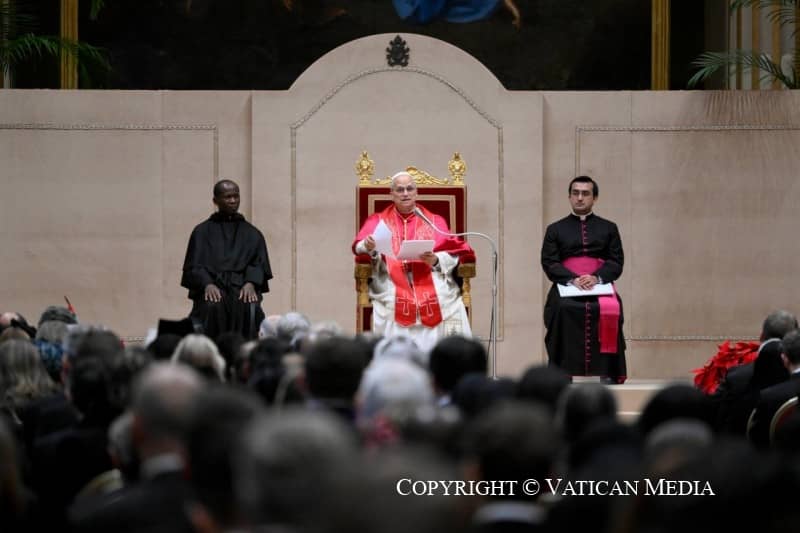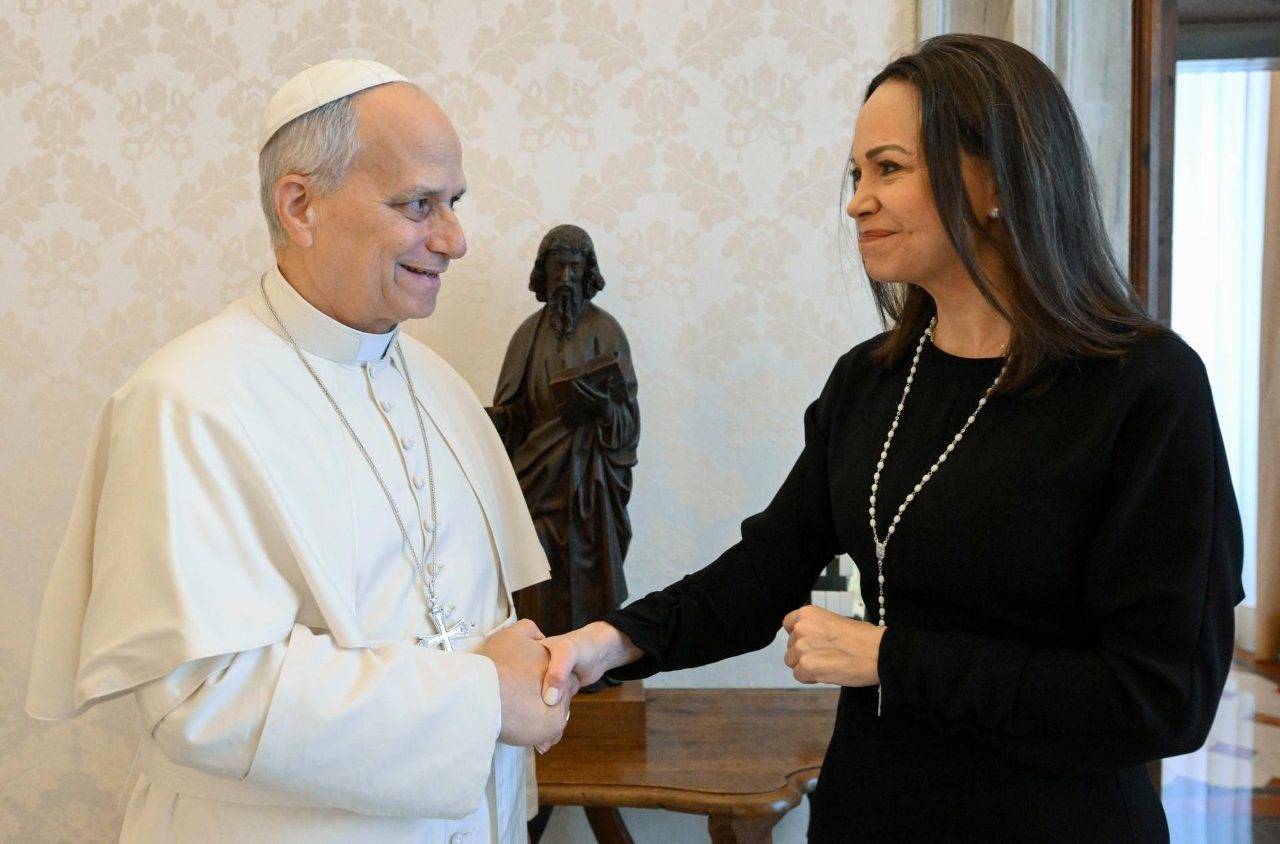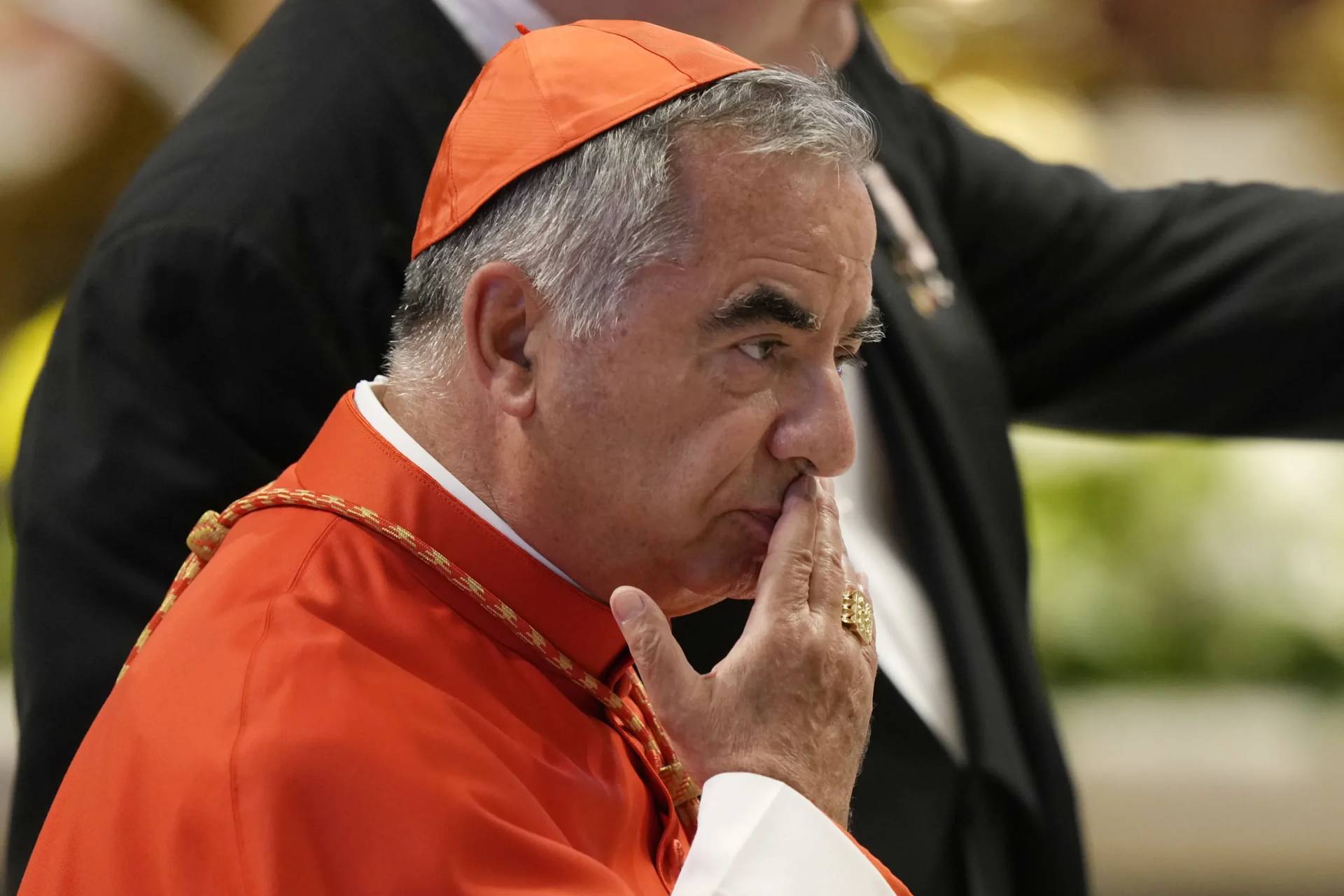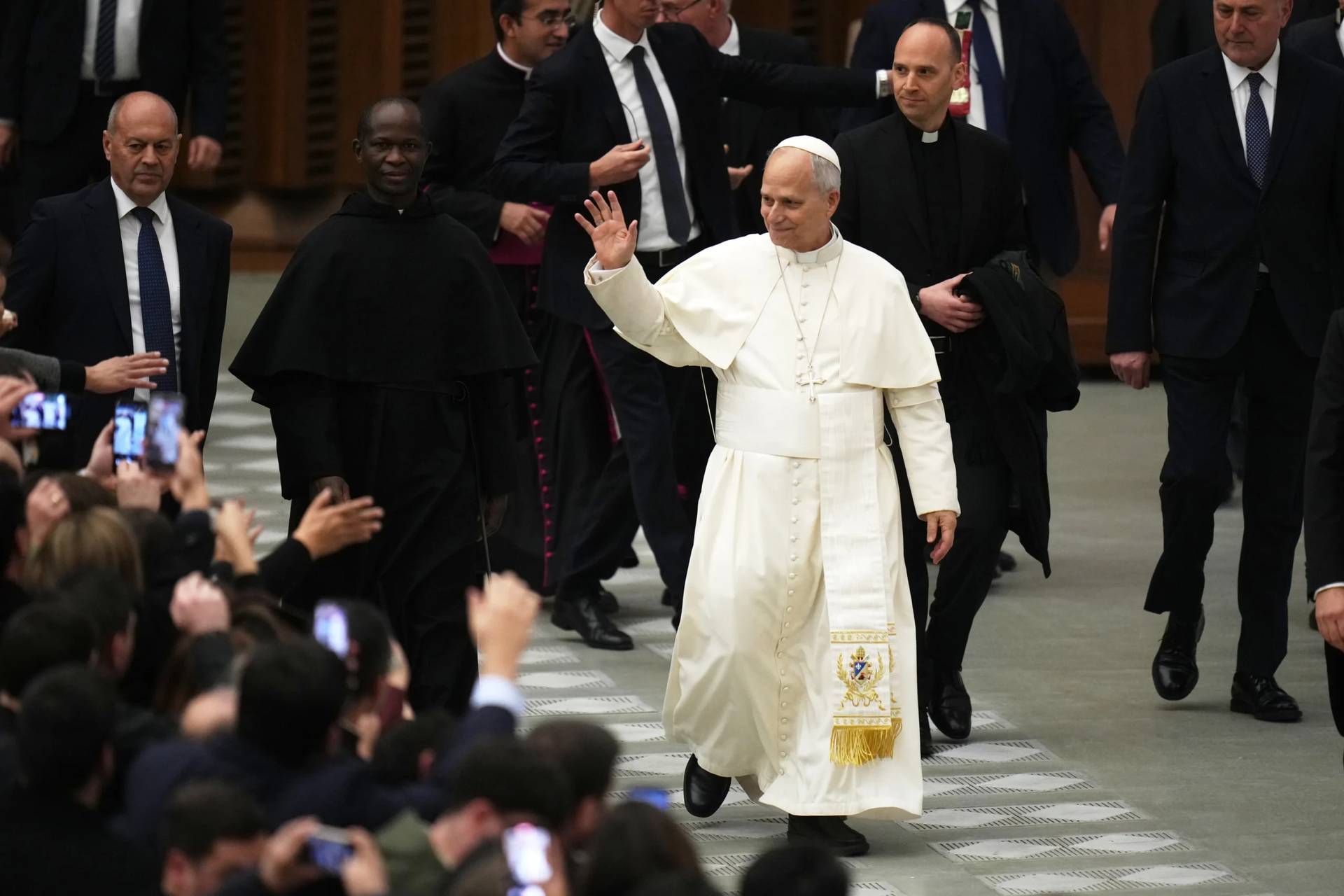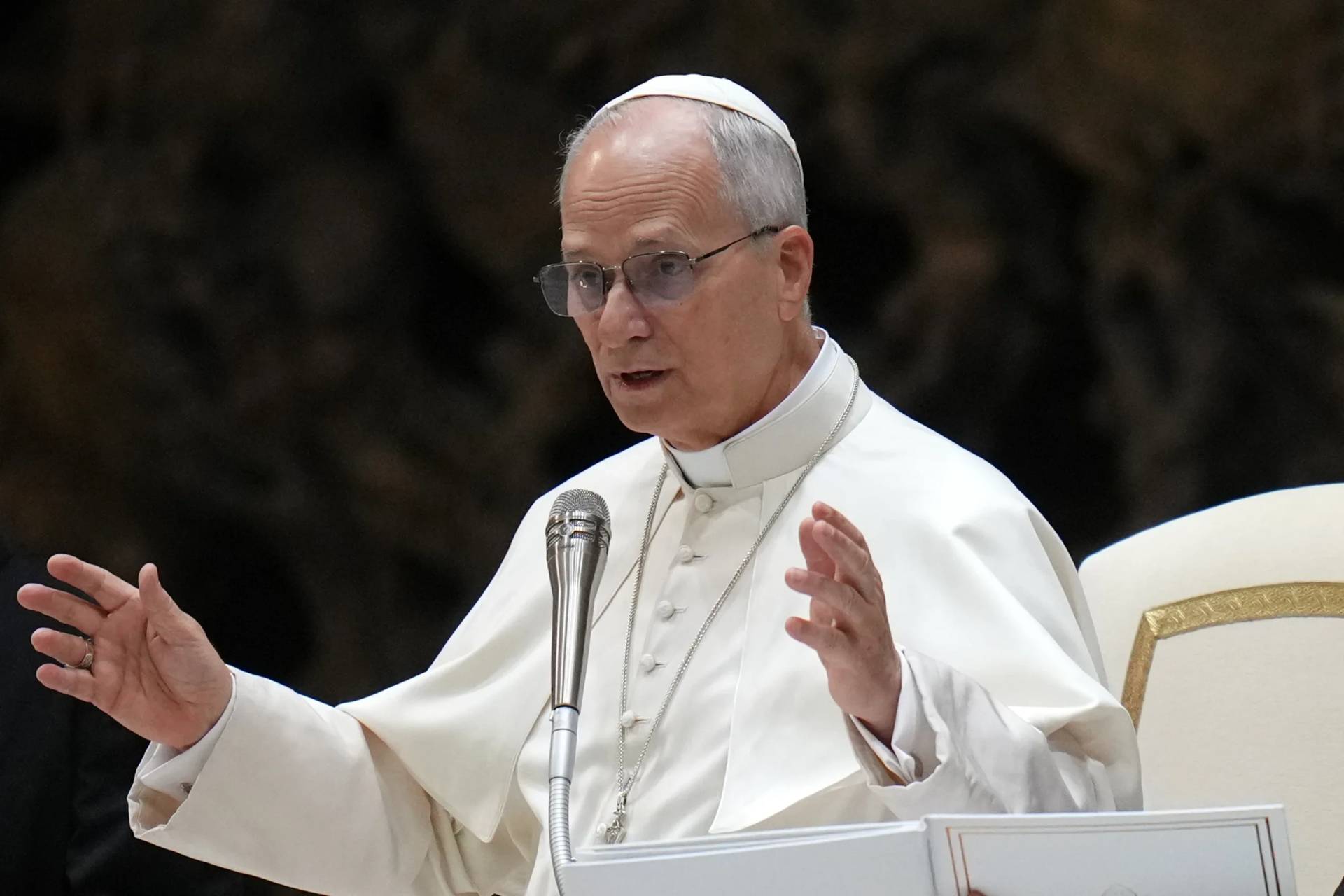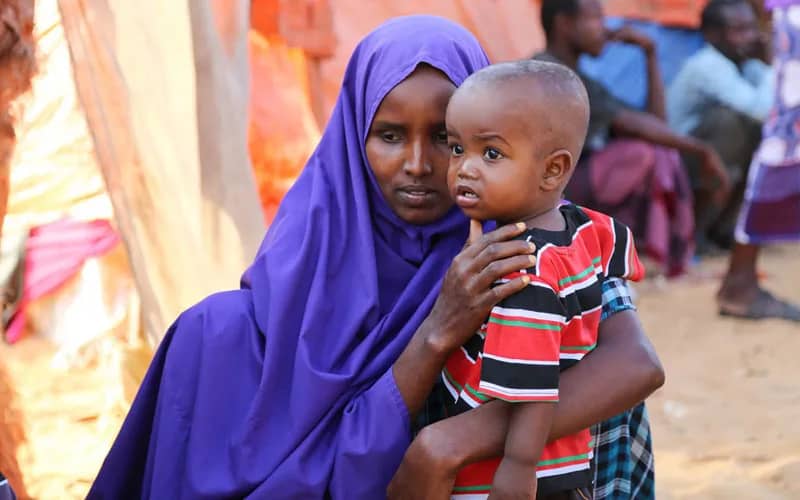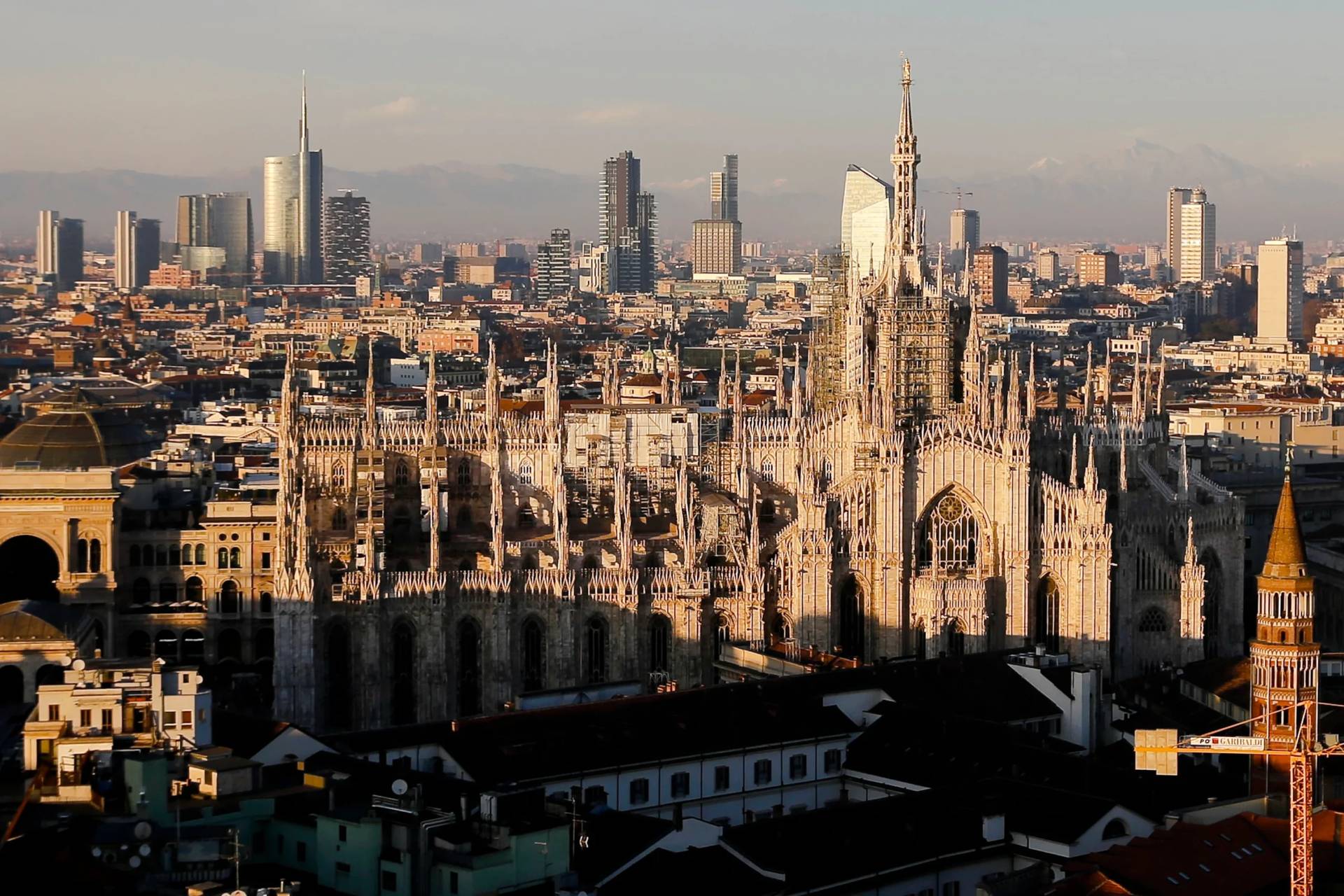ROME – Pope Francis told reporters on his return flight from a lengthy six-day trip to Canada that his ongoing health troubles, including osteoarthritis of the knee, could force him to slow down, at least in terms of international travel.
However, his busy fall schedule doesn’t appear to include much room for down time.
After his July 24-30 sojourn to Canada to further efforts toward healing and reconciliation with the country’s Indigenous communities, Francis told his media entourage on his return flight from Iqaluit to Rome, “I don’t think I can go with the same pace of the trips as before.”
According to a transcript posted by Vatican News, the Vatican’s state-sponsored news agency, the pope said, “At my age and with this limitation, I have to save [my energies up] a bit to be able to serve the church or, on the contrary, think about the possibility of stepping aside.”
Pope Francis said that for the moment, resignation is not something he is considering. “But that doesn’t mean the day after tomorrow I don’t start thinking, right?”
“You can change Pope, you can change, no problem! But I think I have to limit myself a bit with these efforts,” he said.
He indicated a willingness to continue international travel but said making intense trips, as was the case in Canada, is no longer possible in his condition. “You have to maybe change the style a little bit, decrease, pay off the debts of the trips you still have to make,” he said.
While this is not the first time Pope Francis has talked about resignation or indicated his willingness to step down from the papacy at some point in the future, it is the first time he’s admitted that his health is imposing limits on his office and the pace at which he does business.
Yet despite this acknowledgement, Francis has a packed itinerary this fall and some big decisions looming that are bound to keep him busy with travel and managing affairs at home.
Just this month, he is scheduled to preside over an Aug. 27 consistory for the creation of 21 new cardinals, which will precede an Aug. 29-30 meeting of the world’s cardinals to study and reflect on the new Apostolic Constitution on the Roman Curia, Praedicate Evangelium, which was promulgated on March 19 and went into force in June.
In between those two events, he will make a brief trip to the central Italian town of L’Aquila, where he will honor the 309 victims of a devastating earthquake in 2009.
While in L’Aquila, Francis will also visit the tomb of Pope Celestine V to observe the annual Perdonanza Celestiniana (Celestinian Pardon), a jubilee instituted by Celestine in 1294, and one of the pontiff’s only enduring legacies, beyond his resignation from the papacy.
Benedict XVI famously visited L’Aquila in 2007, where he also prayed in front of Celestine’s tomb, leaving behind his priestly stole just a few years before announcing his own resignation from the papacy in 2013.
In September, Pope Francis will beatify Albino Luciani, Pope John Paul I – colloquially known as “the Smiling Pope” – whose papacy lasted just 33 days.
He is also scheduled to attend an international interfaith summit in Kazakhstan later that month, where he could meet with Russian Orthodox Patriarch Kirill to discuss his concerns over the war in Ukraine, and at the end of September he will make back-to-back pastoral visits to the Italian cities of Assisi and Matera, on Sept. 24 and 25, respectively.
Francis has also indicated a desire to visit Ukraine in a show of his concern for the war, and he has pledged to reschedule his visit to South Sudan and the Democratic Republic of the Congo, which he was compelled to postpone earlier this summer due to his knee pains.
On his return flight from Canada, the pope said he intends to go to South Sudan, because that’s a trip with the Archbishop of Canterbury and the Bishop of the Church of Scotland,” and is therefore an important commitment.
However, he indicated that the visit to Congo could now be up in the air, saying that if it happens, “that will have to be next year, because of the rainy season,” but he offered no guarantee. “We will have to see,” he said. “I have all the good will in the world, but let’s see what my leg says.”
Pope Francis also faces tough decisions on the home front as he continues the implementation of his curial reform, and oversees the Vatican’s ongoing “Trial of the Century,” in which ten people have been indicted for various financial crimes related to a London real estate deal gone horribly wrong.
So far, the trial has dragged on for over a year, and over 200 witnesses have yet to take the stand, meaning the process could take years to conclude, which could prove inconvenient for a pope intent on showing the world that he is cleaning house on the financial front.
The question, then, is will he continue to let things take their course, or will he intervene in the process so that proceedings come to a more expedited end?
Time will tell, but decisions such as this and the pope’s heavy schedule going into the fall mean he might not be able to scale back as much as he would like, at least not initially.
While surgery to mend his knee is an option, Pope Francis has said that he will not undergo another surgery due to a bad reaction to anesthesia during his colon surgery last summer.
Going forward, then, he will likely have to be selective with his commitments, and careful about the intensity of the events he does commit to. It seems that over the next few months, the “Energizer Bunny” of popes will be shifting into a different gear.
Follow Elise Ann Allen on Twitter: @eliseannallen






